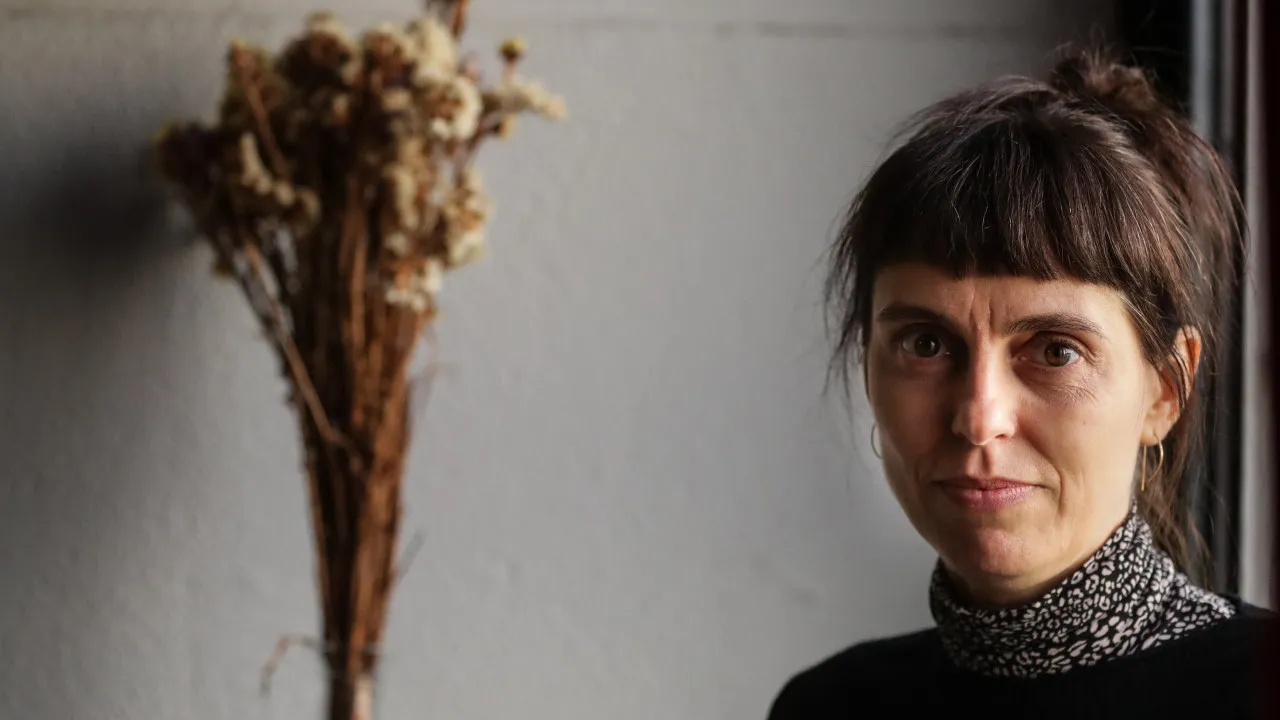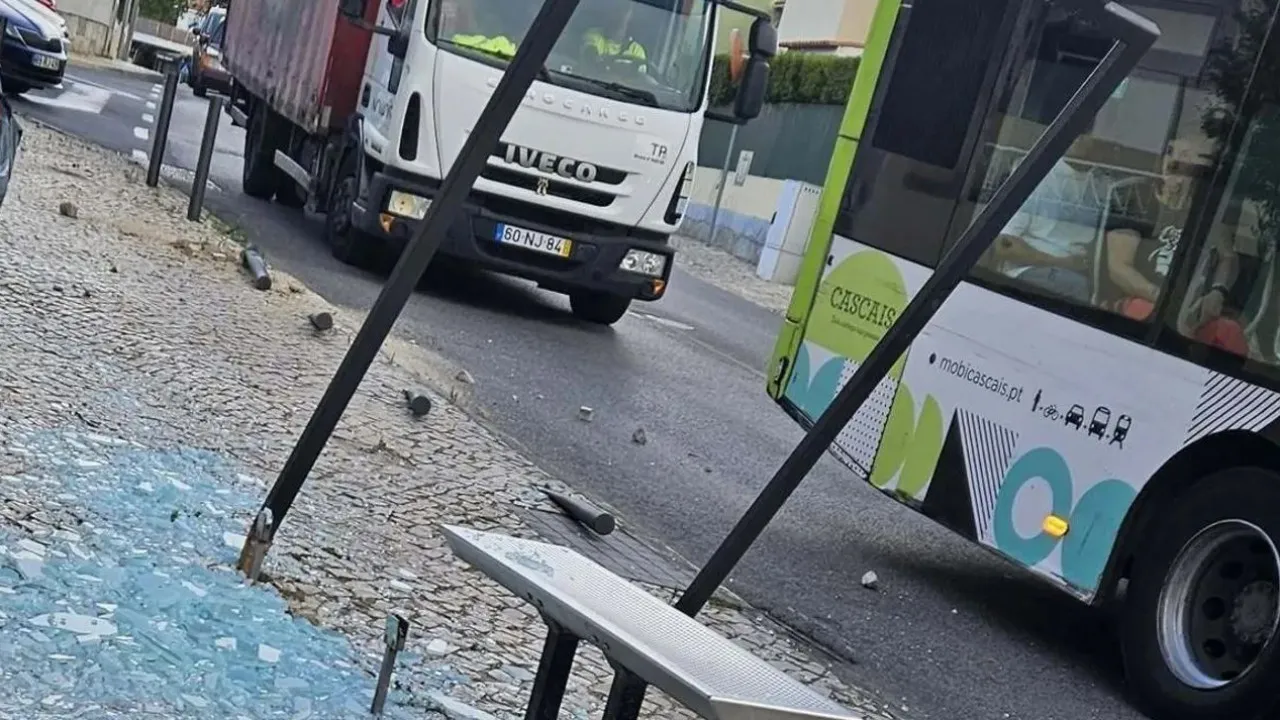
Located in Marvila, popularly known as Chelas, the Bairro das Amendoeiras was claimed four days after the Carnation Revolution on April 25, 1974, by people living in makeshift huts throughout Lisbon. They occupied the homes that were built but uninhabited.
For a year, they lived there day and night, without keys, water, or electricity, until their right to stay in the houses they made their own was recognized.
This story inspired Teatro do Vestido, which sought to honor the “struggles of the men and women who dared to try new forms of popular organization.”
The result was the performance ‘Museu dos Moradores’—performed four times this weekend—part of Teatro do Vestido’s ongoing work “with and for memory.”
“Many of those who participated in these occupations are here today, and we find them on the street. Everyone tells these stories with great pride. There are no embarrassed memories,” stated Joana Craveiro, the artistic director of Teatro do Vestido.
In an interview on Saturday before one of the “participatory wanderings,” the dramatist linked the past with the current housing crisis.
In Chelas, these days, there is “total indignation” at evictions and demolitions, with a feeling of shared past struggles, evoking memories of life flashes for the residents.
Housing rights are enshrined in the Constitution, “so it is a right we all have,” she said, noting that recent events like those in Lumiar’s Talude Militar neighborhood brought up “strong traumatic memories” for neighborhood residents.
The same “indignation” arises from the fact that their children—those who occupied empty houses in 1974—today face challenges in maintaining housing.
One resident, collaborating with the theater team, awaits her 50-year-old sons, who also have children, to return to her two-bedroom house where they will all live.
“There is a clear connection (…) between the present we live in and the past, which I also did not live through but was told about or which I sought out,” Joana Craveiro believes.
The important thing is “to offer the audience an experience of stories they otherwise would not have access to, as they are not part of public discourse, not documented in manuals, and quite often are actively suppressed,” she observed.
“In our shows, we trust our spectators to do something with this knowledge, whether becoming more aware or informed,” she stated, recalling the promise made to the people who occupied houses in Bairro das Amendoeiras in 1974 that after 25 years, the houses would be theirs under a controlled rent.
There was nothing in writing, “because one’s word was everything,” and “after 25 years, the houses were not theirs,” she pointed out, noting how the state transferred the ownership of the social housing neighborhoods Amendoeira and Loios to a private foundation, resulting in rents increasing by a thousand percent.
In 2007, the properties returned to the Housing and Urban Rehabilitation Institute’s management, yet numerous issues still persist.
“What we did was basically walk the streets, ring doorbells, or approach people, usually older, on the street, asking, how did you get here? Did you come in ’74? When someone says yes, a dam of stories breaks open,” Joana Craveiro explained.
The dramaturge also emphasized the role of women, who “were on the front lines, defending the homes while their husbands went to work,” something confirmed by a resident who participated in the performance to share her firsthand account.
Currently, the public space “is very difficult,” admitted Joana Craveiro.
“Our society, our community is fragmented, all the skeletons are coming out of the closet,” she lamented, referring again to the past: “Back then, everyone was a democrat, suddenly everyone was anti-fascist, which wasn’t true, that consensus never existed, nor has it ever existed, because the revolution was made against some, which is why it’s a revolution.”
Now, 51 years after April 25, “we have never been able to face our history head-on” and this “unresolved colonial past (…) catches up with us now, (…) in a fragmented, depoliticized society or one that is politicized in a way we cannot fully understand.”
Meanwhile, in November, Teatro do Vestido will debut ‘Torrente’, a look at “the revolutionary process as a whole,” announced Joana Craveiro.
This is because the people took to the streets on April 25, 1974, but the revolutionary process extended beyond that, experimenting with “new forms of popular power.”
Furthermore, even when discussing the PREC (Ongoing Revolutionary Process—a turbulent period of political, military, and social events that shook Portugal between September 28, 1974, and November 25, 1975), details are often not specified: “what happened in health, education, housing?” the dramaturge asks.
‘Torrente’—which will premiere at ZDB Galeria Zé dos Bois and is a co-production with Coimbra’s Teatro Académico de Gil Vicente (TAGV)—will be a “comprehensive” show aimed at addressing these various aspects in a very complete revolutionary process.




